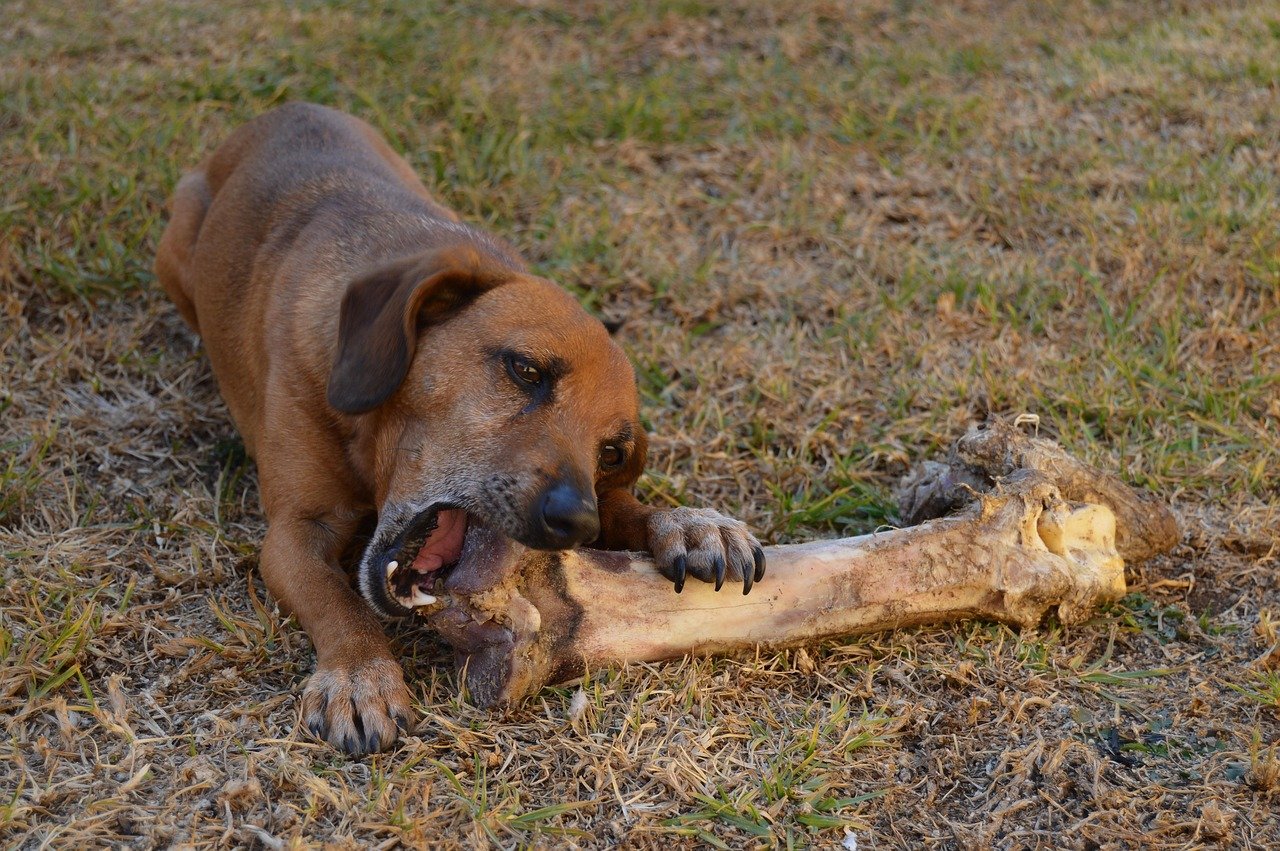Potential Choking Hazard
Rawhide bones might seem like a harmless treat for your furry friend, but they can pose a significant choking risk. These treats are often designed to be chewed for a long time, but if a dog manages to break off a large piece, it can easily get lodged in their throat. Imagine a piece of rawhide being swallowed but not going down easily, causing your dog to panic and potentially leading to a life-threatening situation. Especially in smaller breeds or dogs that tend to gulp rather than chew, the risk is higher. The texture of rawhide, when wet, becomes slippery and can slide into the throat unexpectedly. It’s essential to monitor your dog closely if you do choose to give them rawhide, but even with supervision, accidents can happen.
Digestive Blockages
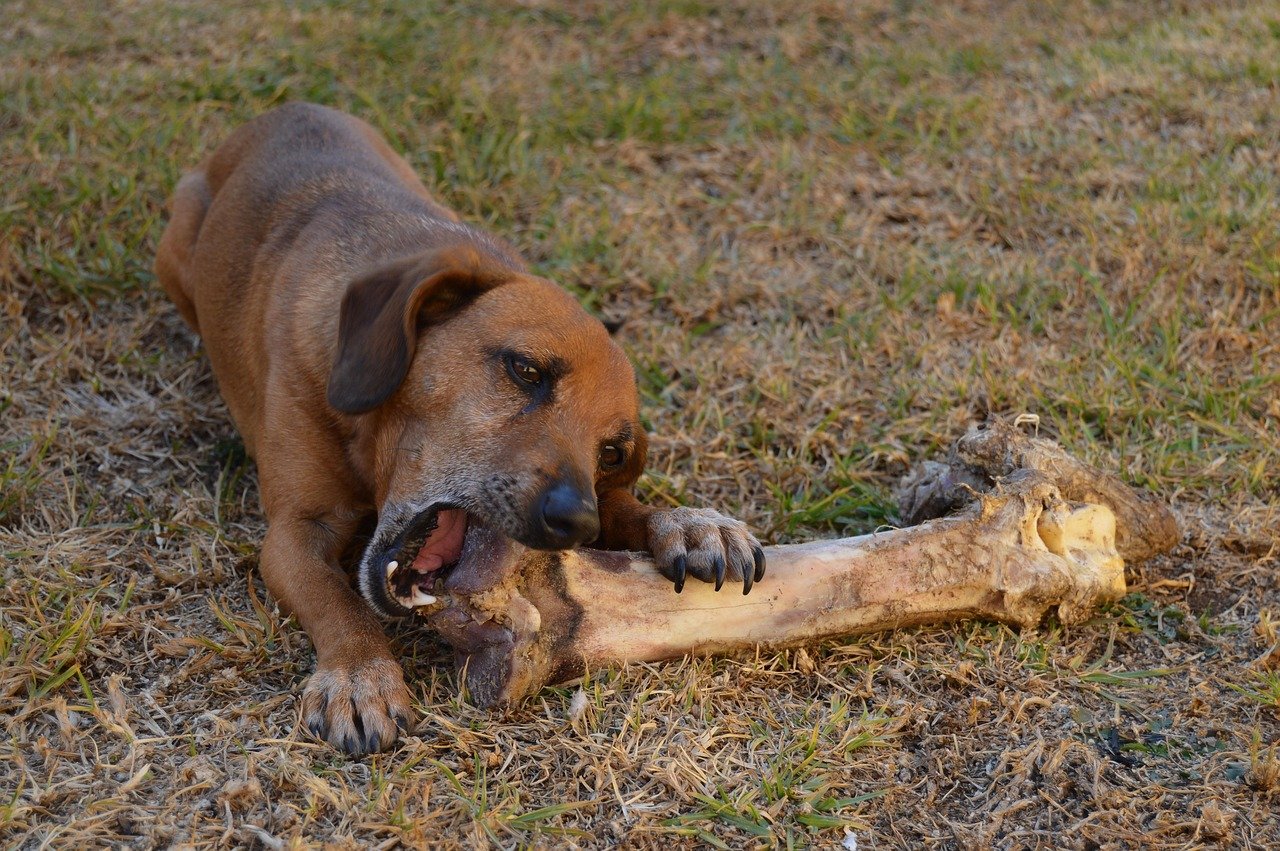
Another concern with rawhide bones is the potential for digestive blockages. When dogs chew on rawhide, they might swallow pieces that are too large to pass through their digestive systems smoothly. These fragments can accumulate in the stomach or intestines, leading to blockages that might require surgical intervention. Imagine trying to fit a square peg in a round hole; it just doesn’t go smoothly, and this is similar to what happens inside your dog’s digestive tract. Symptoms of a blockage might include vomiting, loss of appetite, and lethargy. If you notice any unusual behavior in your dog after consuming rawhide, it’s crucial to seek veterinary help immediately. The health risks simply outweigh the benefits of this chewy treat.
Harmful Chemicals
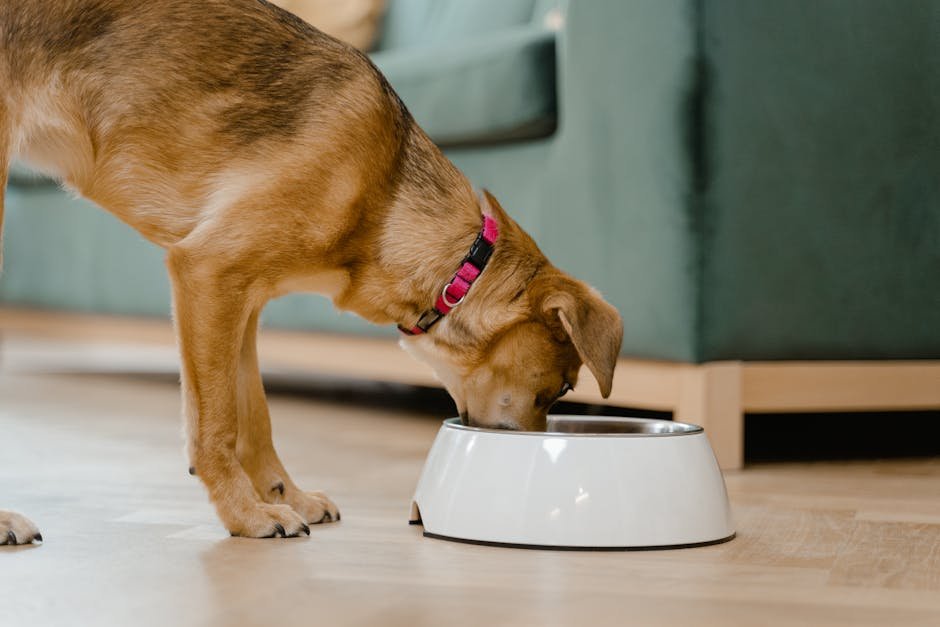
Many dog owners might not realize that rawhide bones often undergo a chemical-laden production process. During manufacturing, rawhides are typically soaked in chemicals such as hydrogen peroxide or bleach to remove hair and whiten the product. While these chemicals help make the product more visually appealing, they can be harmful if ingested by your pet. Think of it like consuming food that has been doused in cleaning agents; it’s not something you’d want for yourself or your pet. Over time, these chemicals can lead to adverse health effects, including gastrointestinal issues or even seizures. It’s always better to opt for natural treats that aren’t processed with harmful substances.
Bacterial Contamination
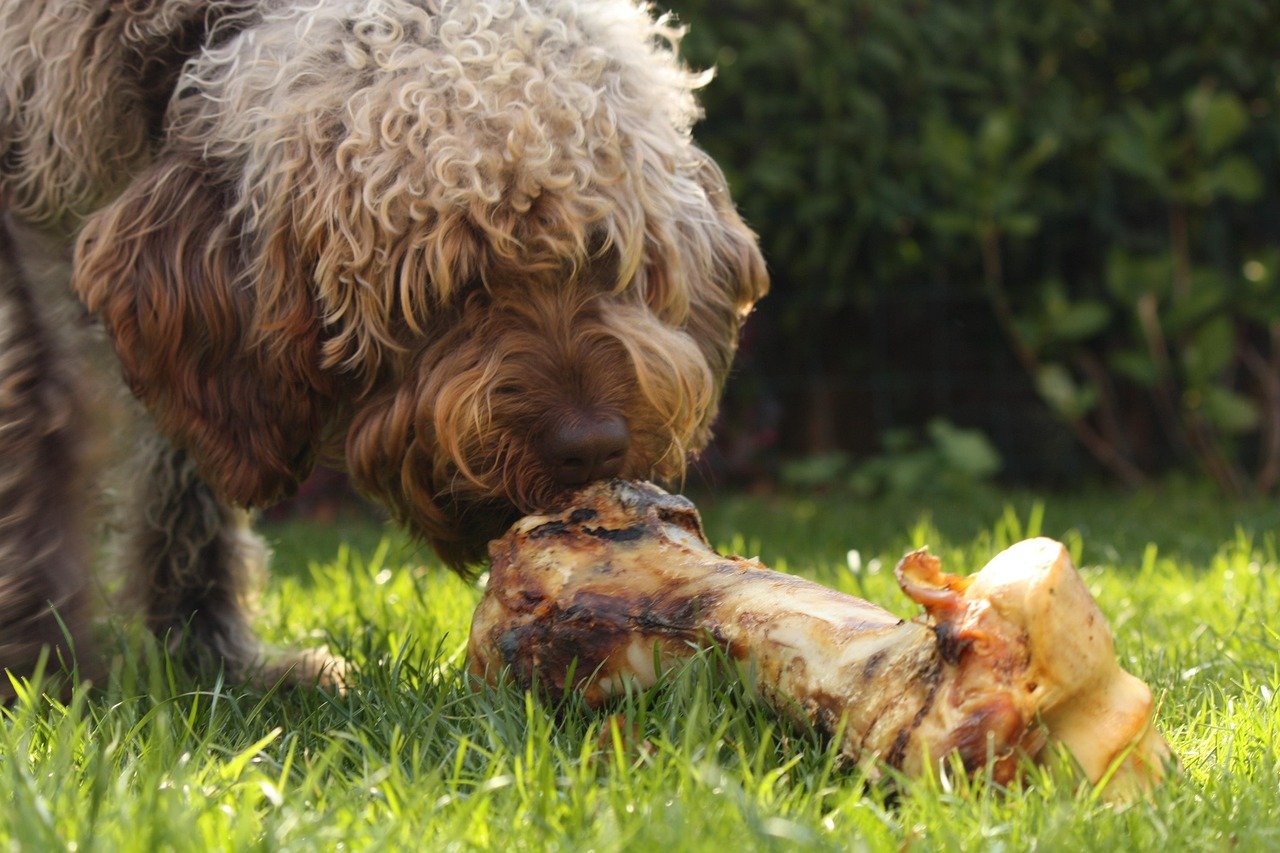
Bacterial contamination is another significant reason to avoid rawhide bones. These treats can easily become contaminated with bacteria such as Salmonella or E. coli, posing a risk not only to your dog but also to your family. Handling contaminated rawhide can transfer bacteria to your hands, surfaces, and other pets. It’s akin to dealing with raw chicken; you wouldn’t want to leave it lying around or let your dog chew on it unsupervised. Dogs with weaker immune systems, such as puppies or elderly dogs, are particularly vulnerable to bacterial infections. Ensuring your dog’s safety by avoiding potential sources of contamination is always a smart move.
Unintentional Weight Gain
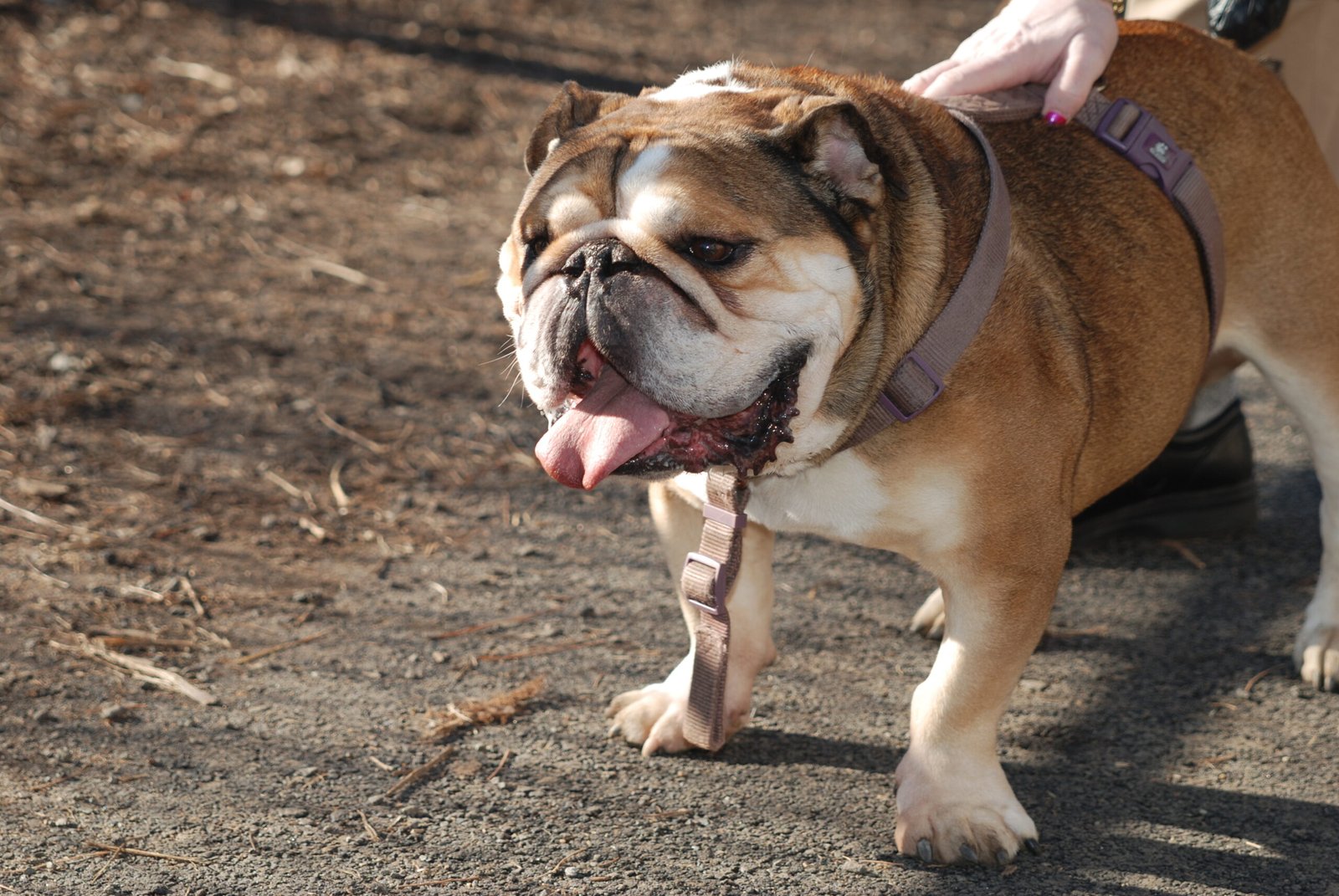
While treats are a great way to reward your dog, rawhide bones can contribute to unintentional weight gain. Many rawhide treats are high in calories and can add up quickly, especially if given regularly. Consider it like snacking on chips every day; it might seem harmless initially, but over time, the calorie intake accumulates. Obesity can lead to numerous health problems, including joint issues and heart disease, which can significantly reduce your dog’s quality of life. Monitoring your pet’s diet and ensuring they receive balanced nutrition is crucial in maintaining a healthy weight.
Dental Damage

Ironically, a product often marketed as beneficial for dental health can sometimes cause dental damage. Rawhide bones can be too hard for some dogs, especially those with sensitive teeth or existing dental problems. Biting down too hard can lead to cracked or broken teeth, which can be painful and require veterinary attention. It’s like biting into a hard candy with a loose filling; it might not end well. While dental health is crucial, there are safer alternatives available, such as dental chews specifically designed to clean teeth without the risk of damage. Always choose treats that match your dog’s dental needs.
Allergic Reactions

Some dogs may experience allergic reactions to rawhide bones. These reactions can manifest as skin irritations, vomiting, or diarrhea. Just like humans can be allergic to certain foods, dogs can be sensitive to ingredients used in rawhide production. It’s important to observe your dog after introducing any new treat to their diet. If you notice any signs of discomfort or allergic reactions, discontinue use immediately and consult your veterinarian. There are plenty of hypoallergenic treat options available that cater to dogs with sensitive stomachs or allergies, providing peace of mind for you and comfort for your pet.
Environmental Concerns
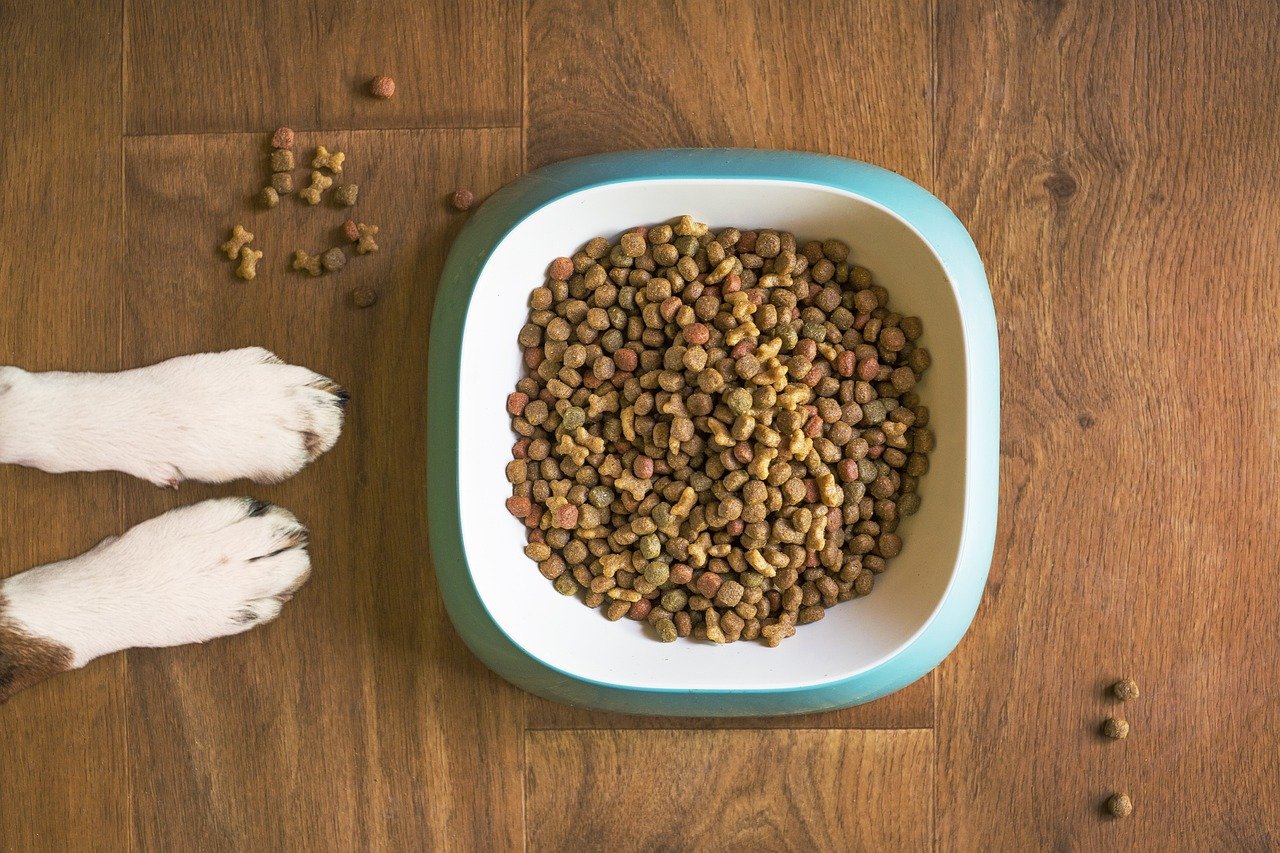
Lastly, the production of rawhide bones can have negative environmental impacts. The manufacturing process often involves significant water usage and chemical waste, contributing to environmental degradation. As responsible pet owners and global citizens, it’s important to consider not only the health of our pets but also the health of our planet. By opting for eco-friendly and sustainable treat options, you can help reduce your carbon footprint. Think of it as choosing to recycle or use reusable bags; every small action contributes to a larger positive impact. There are numerous sustainable alternatives available that ensure both your pet’s wellbeing and the planet’s health.
In conclusion, while rawhide bones may seem like a tempting treat option for your furry friend, the potential risks far outweigh the benefits. From health hazards to environmental concerns, there are numerous reasons to avoid them. Always prioritize your dog’s safety and well-being by choosing safer, healthier alternatives.

